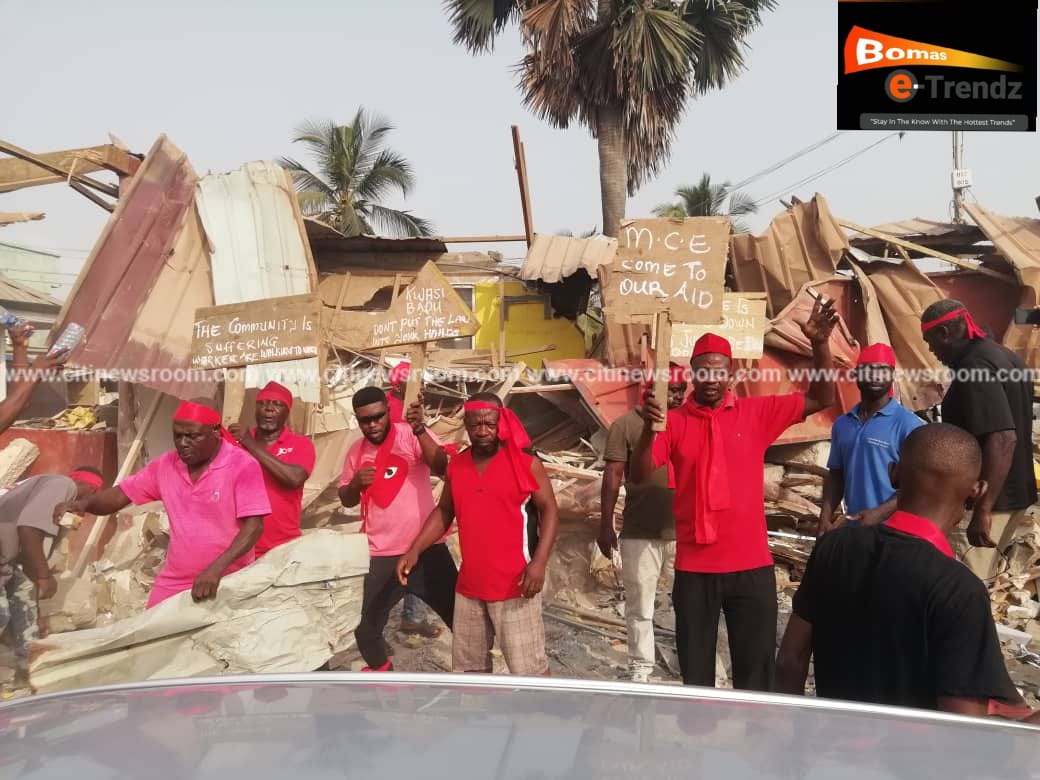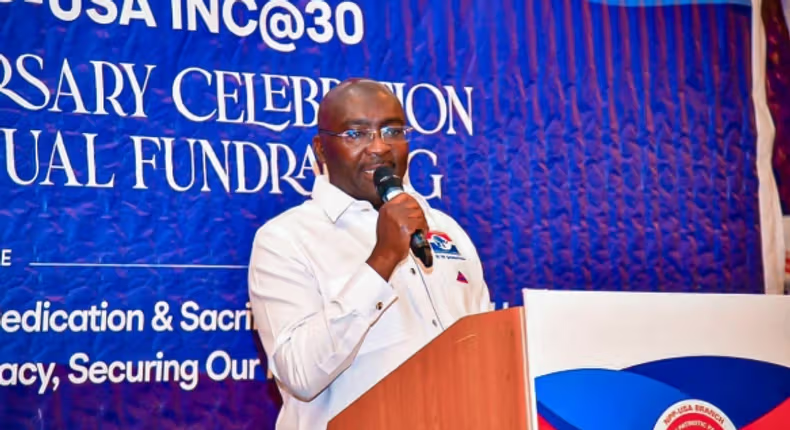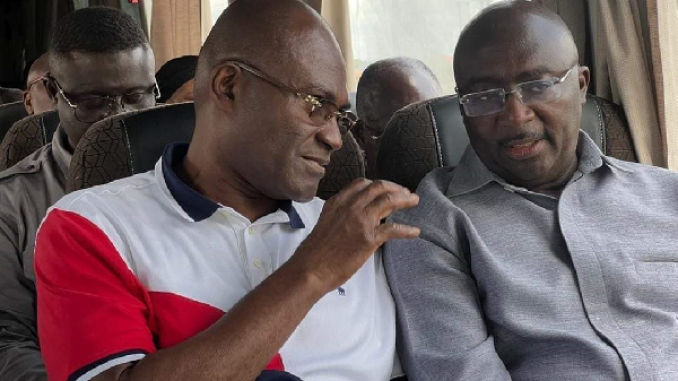Ato Forson trial: Jakpa-Dame audio recording was admitted in the interest of fairness – Judge

Justice Afia Serwah Asare-Botwe, the trial judge in the ongoing ambulance case, has explained the reason for admitting an audio recording involving the Attorney-General Godfed Dame and the third accused in the ambulance case Richard Jakpa as evidence.
Justice Asare-Botwe stated that the reasons for admitting the recording during the mistrial application on June 6, 2024, still apply.
She noted that in the interest of fairness, the pendrive containing the recording has been admitted, as it would have been if presented by the prosecution.The controversy began when lawyers representing Minority Leader Dr. Cassiel Ato Forson attempted to introduce the audio recording into evidence, prompting an objection from the Attorney General, who questioned the foundation and relevance of the recording.
The audio recording, previously admitted and pivotal in the trial judge’s mistrial decision, is now being tendered again by defense lawyers, who argue that it forms a crucial basis for the charges of causing financial loss to the state against the Attorney General.
Lead counsel for Dr. Forson, Dr. Aziz Bamba, emphasized that the 16-minute recording pertains to the agreement between the Ghanaian government and a subsequent Letter of Credit.
Dr. Bamba argued that the Attorney General’s conduct in the recording amounts to oppression of the accused, undermining the integrity of the trial process.Dr. Bamba contended that the audio recording is relevant as it suggests the case was not pursued in good faith, pointing to procedural irregularities in the Attorney General’s handling of the matter.
In response, the Attorney General argued against the recording’s admission, asserting that its relevance was not sufficiently supported.
The AG referenced the trial judge’s previous dismissal of the mistrial application, which relied on the recording, as evidence of its limited relevance to the case.The AG further questioned whether the recording addresses the essential elements of the alleged financial loss to the state, arguing that it does not substantiate the charges against the accused.
The prosecution echoed these sentiments, additionally accusing Richard Jakpa of violating the Attorney General’s right to privacy by recording their conversation.
However, in her ruling today, Justice Asare-Botwe disagreed with the Attorney General and admitted the recording into evidence.




